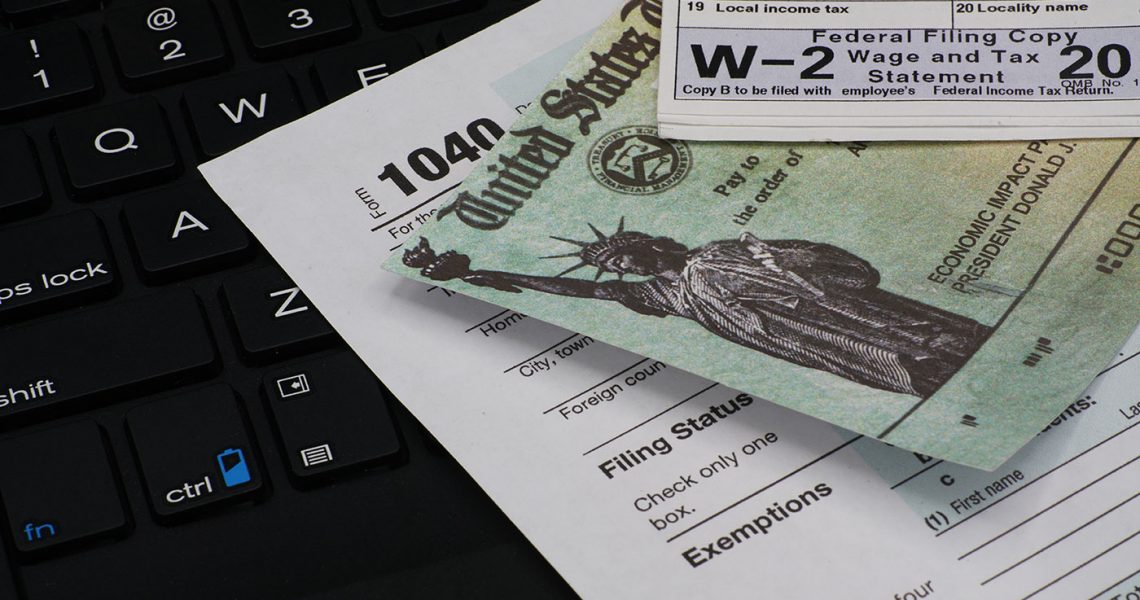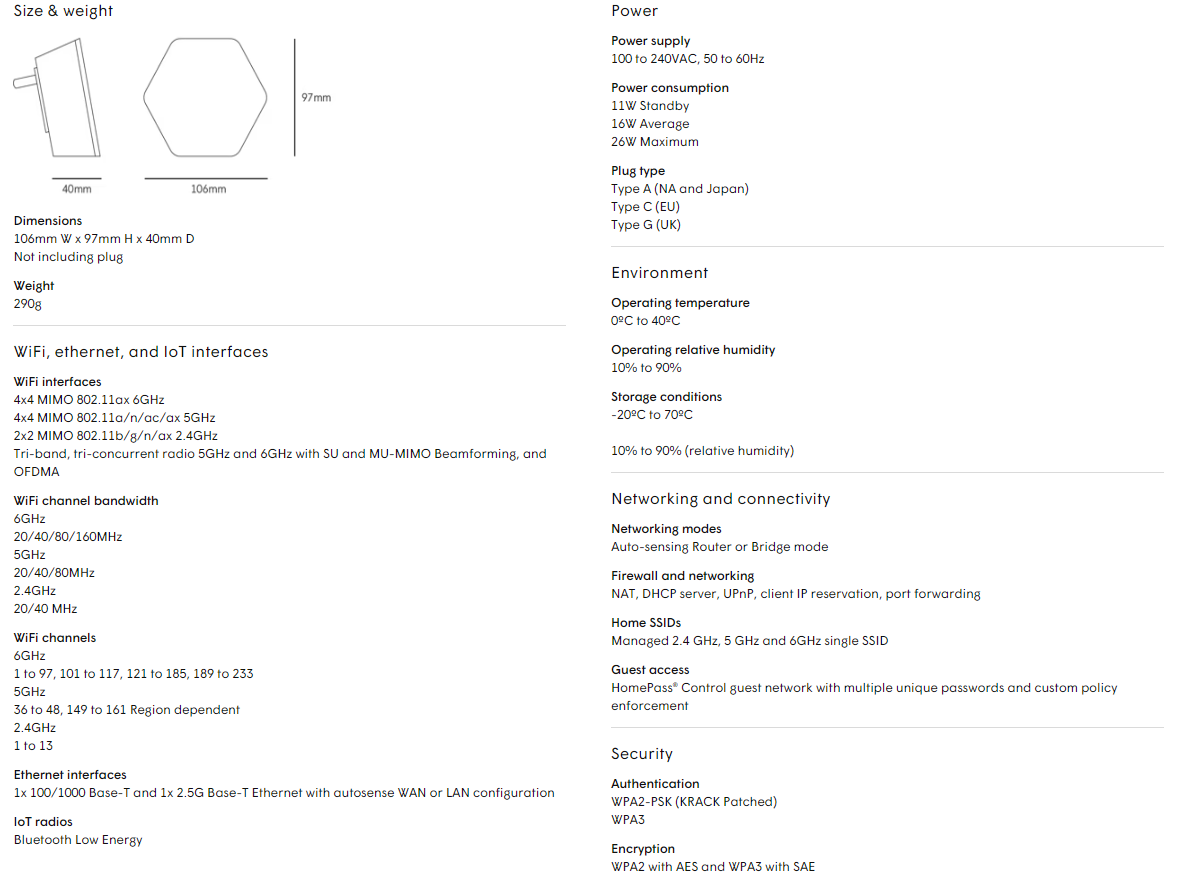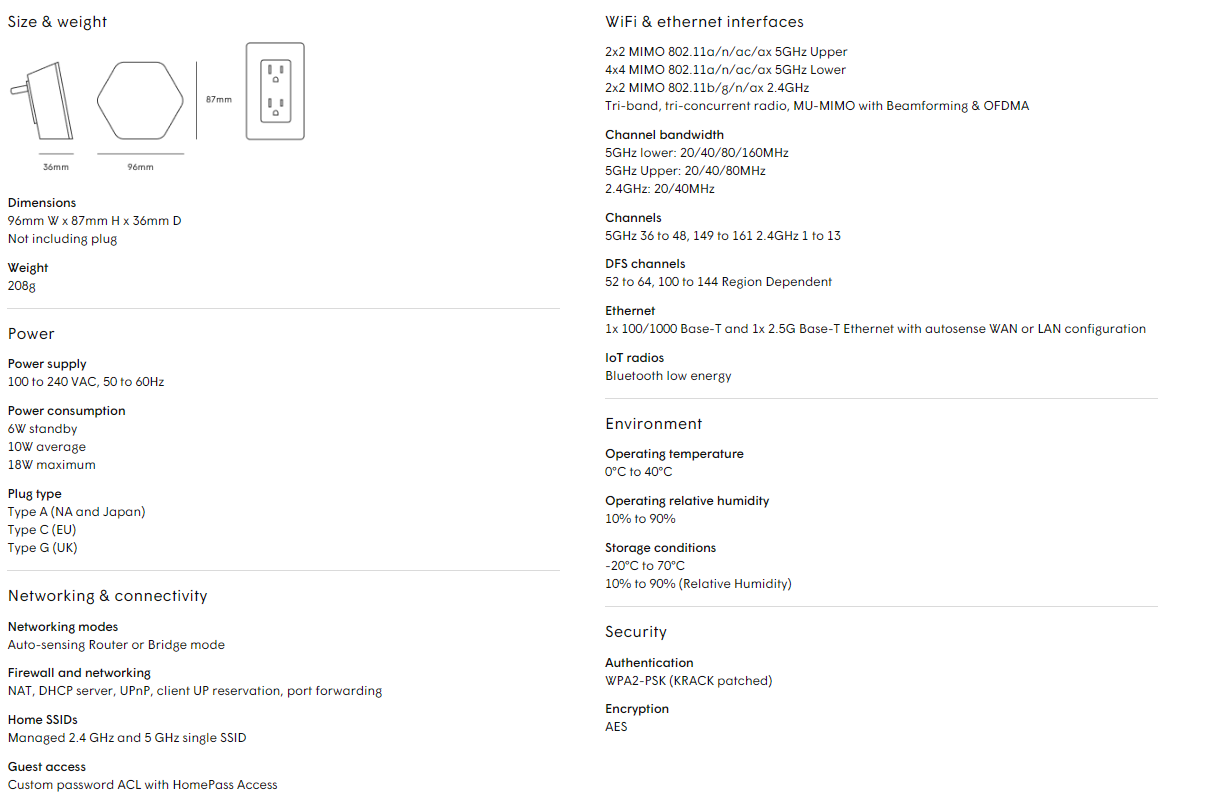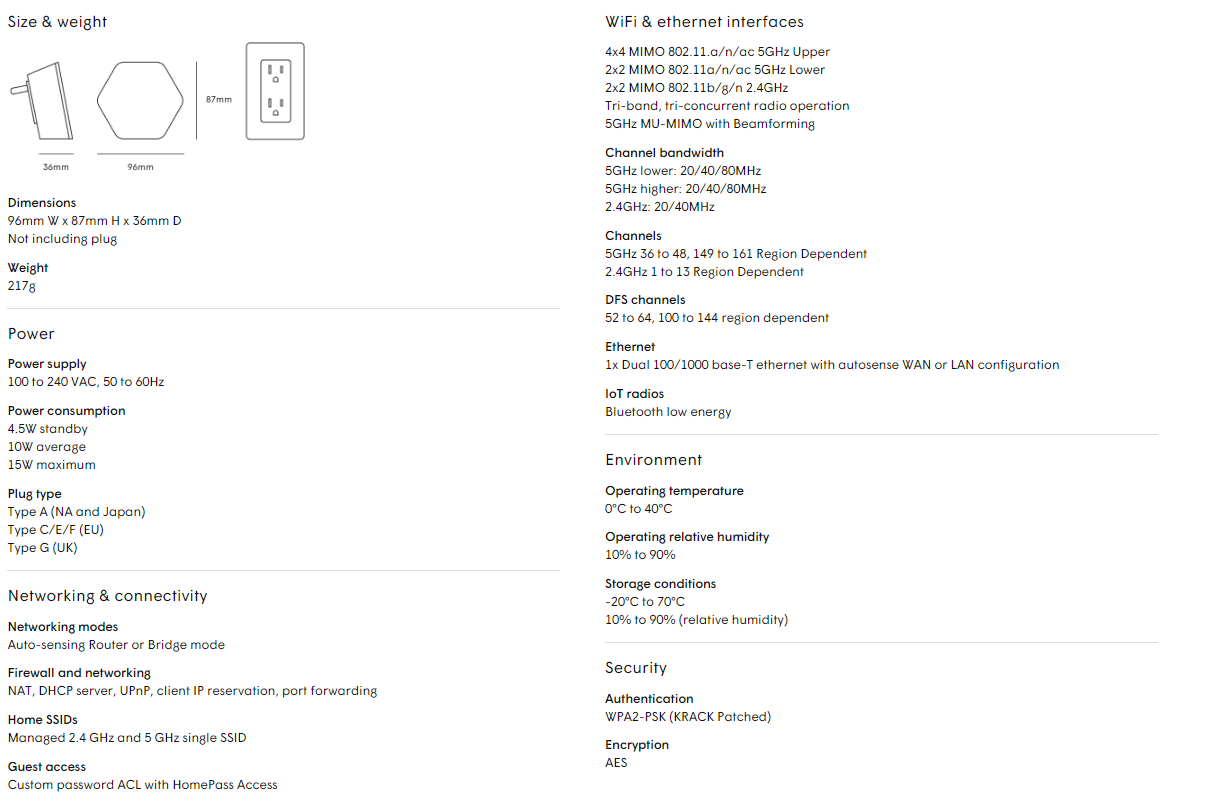Every year, the bad guys take advantage of innocent taxpayers, like you, who are patiently waiting on their tax return. Last year, the IRS noticed a significant increase in phishing attempts to steal money or tax data, therefore you must be on high alert.
How it Happens: Tax Scams and Malicious Activity
The bad guys have a number of tax-related tricks up their sleeves when it comes to stealing your money and/or sensitive information. Here are a few examples of sophisticated tax scams that have been found in the wild:
- Scammers send emails posing as tax service companies by spoofing emails and using stolen logos. Once you respond to the email with personal data or tax information, they can pocket your hard-earned money.
- Similar to the scam above, the bad guys send look-alike emails containing hyperlinks that lead you to malicious websites or fake PDF attachments that download malware or viruses to your computer.
- Tax scams aren’t limited to emails! Be on the look out for callers posing as IRS representatives claiming you owe money that must be paid immediately. The callers typically threaten arrests, deportation, or suspension of business or driver’s license.
Keep in mind, these are only a few examples and these scam artists are constantly coming up with new ways to fool you.
How Do I Know it’s a Scam?
Always remember the following during tax season, and all year long:
- The IRS will always mail a bill before calling you about taxes owed.
- The IRS will never ask for credit or debit card numbers over the phone.
- The IRS will never immediately threaten to arrest you for not paying taxes owed.
- The IRS will always offer the opportunity to question or appeal the amount owed before demanding your payment.
- The IRS does not use emails or text messages to discuss personal tax matters, such as taxes owed or tax refunds.
Only share sensitive data over email when there is no other alternative and you’re certain the recipient is valid.
Stop, Look, and Think. Don’t be fooled.









